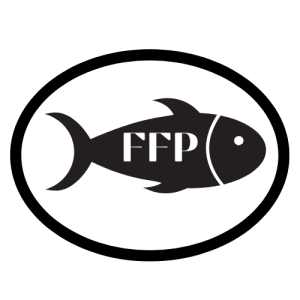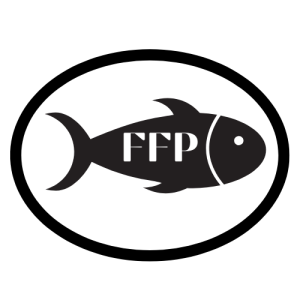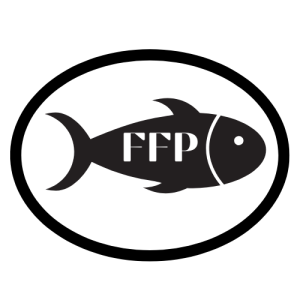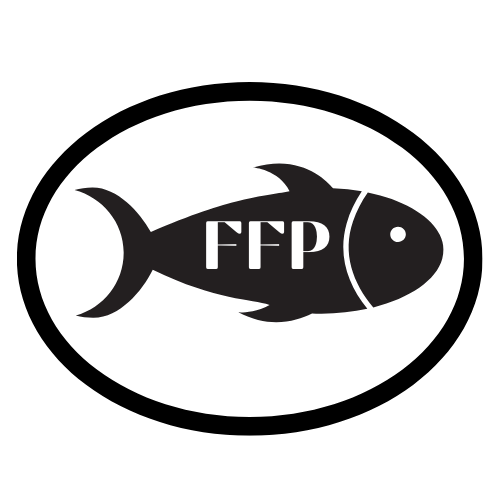Episodes

Thursday Mar 04, 2021
#14 - Diana Hess - Classroom Conversations in an Era of Political Polarization
Thursday Mar 04, 2021
Thursday Mar 04, 2021
Dr. Diana Hess is the Dean of the University of Wisconsin-Madison’s School of Education. She is also the principal investigator of The Discussion Project, a professional development program that aims to strengthen campus wide capacity to create welcoming, engaging, and academically rigorous classroom environments in which students experience productive classroom discussions on important issues and topics. The topics of this conversation are drawn from a 2013 paper titled Classroom Deliberation in an Era of Political Polarization and a 2015 book titled The Political Classroom: Evidence and Ethics in Democratic Education, both co-authored with Dr. Paula McAvoy, a recent guest of the show. Dr. Hess is also the author of the 2009 book, Controversy in the Classroom. This episode is part of a larger series on how to engage students in controversial political topics in the K-12 classroom. If you enjoy what you hear, please be sure to write a review and share it with your friends and colleagues.

Thursday Feb 18, 2021
#13: Punya Mishra — Educators as Designers
Thursday Feb 18, 2021
Thursday Feb 18, 2021
Dr. Punya Mishra is Associate Dean of Scholarship & Innovation and Professor in the Division of Educational Leadership & Innovation in the Mary Lou Fulton Teachers College at Arizona State University. He is best known for his research on the integration of technology into the PK-20 space. The Technological Pedagogical Content Knowledge Framework (“TPACK”) that Dr. Mishra developed with his Dr. Matthew Koehler is an attempt to identify the knowledge teachers need to thoughtfully integrate technology into their classroom practice. He has published numerous peer-reviewed articles and has edited three books, including his most recent book on the intersection of creativity, technology, and education.
TPACK served as the foundation for this conversation. We discussed the framework, its implications, its weaknesses, and how it might be used by educators. We also discussed Neil Postman, the concept of “education technology,” and Punya’s 23rd Law of Parenting: “for facts go to Google, for wisdom come to me.”

Thursday Feb 11, 2021
#12: Will Richardson — 9 Big Questions Schools Must Answer, Part 2
Thursday Feb 11, 2021
Thursday Feb 11, 2021
Will Richardson is a former public school teacher. His current work focuses on “the intersection of social online learning networks, education, and systemic change.” He is the co-founder of The Big Questions Institute, a project aimed at helping educators navigate the challenging waters of education during and after a time of Covid. He is also the co-author of a new book, 9 BIG Questions Schools Must Answer to Avoid Going "Back to Normal" (*Because "Normal" Wasn't That Great to Begin With). During our conversation, we discuss the 9 questions as well as the possibilities of school change during this complex time. If you like the show, don’t forget to rate us on your favorite podcast app.

Thursday Feb 04, 2021
#11: Kim Schildkamp — Data Use Doesn't Start with Data
Thursday Feb 04, 2021
Thursday Feb 04, 2021
Dr. Kim Schildkamp is an Associate Professor in the Faculty of Behavioral, Management, and Social Sciences at the University of Twente in the Netherlands. Her research focuses on (professional development in) data-informed decision making. She is a Fulbright scholarship recipient, which she used to study data use in Louisiana. Kim is also the current president of ICSEI (International Congress on School Effectiveness and Improvement). Kim has done research on data use and school improvement in multiple countries—she is one of the top academics on the topic of data use in the K12 space—and has published numerous papers in peer reviewed journals. Kim and I talked about data use in K12, a practice that her research shows is complex and multifaceted. Because it is a commonly used strategy for school improvement, an increased focus on how to do it well and a realization that significant time and effort is required to master this practice is critical for school and district leaders as well as teachers. I hope this conversation illuminates some of the challenges and provides some recommendations for how to do this work well.

Thursday Jan 28, 2021
#10: Sapna Cheryan — Cultural Stereotypes in STEM
Thursday Jan 28, 2021
Thursday Jan 28, 2021
Sapna Cheryan is an American social psychologist. She is a full professor of social psychology in the Department of Psychology at the University of Washington. (1)
"Her research investigates the role of cultural stereotypes in causing and perpetuating racial and gender disparities in U.S. society. She has published numerous articles on these topics in journals such as Psychological Science, Journal of Personality and Social Psychology, and Psychological Bulletin. Her work on gender disparities in computer science has been cited widely in media outlets, including in the New York Times, NPR, and Washington Post. In 2014, the White House issued a press release that announced a high school computer science classroom design prize based on her research." (2)
(1) courtesy of wikipedia
(2) courtesy of National Center For Women Informational Technology

Monday Jan 25, 2021
Monday Jan 25, 2021
Dr. Paula McAvoy is an Assistant Professor in the College of Education at North Carolina State University. She was previously the Director of the Center for Ethics and Education at the University of Wisconsin-Madison. She has published multiple peer-reviewed articles and co-authored a book, The Political Classroom: Evidence and Ethics in Democratic Education, with Dr. Diana Hess. More information on that book can be found here. She also taught high school social studies in Los Altos California for 10 years. Her research focuses on philosophical and empirical questions concerning the relationship between schools and democratic society. During our conversation, we discuss the theory that informs her view that schools should be political institutions, and that classrooms should be the site of rich deliberative discussions about controversial political issues. This research is topical considering the elevated levels of political polarization in American society. This conversation and the synthesis of her 2013 article in the January 2021 edition of the Spanning Boundaries Teacher Newsletter should provide educators with a set of strategies to begin having political conversations in their classrooms.

Thursday Jan 21, 2021
#8: Jayson Richardson — School Technology Leadership
Thursday Jan 21, 2021
Thursday Jan 21, 2021
Dr. Jayson Richardson is a professor and the Department Chair of the Department of Educational Leadership and Policy Studies in the Morgridge College of Education at the University of Denver.
He is the editor-in-chief of the Journal of Educational Administration. He has written or co-authored articles in the following journals: Comparative Education Review, Educational Administration Quarterly, International Journal of Education and Development using ICT, Information Technology for International Development, Journal of International Development, Journal of School Leadership, Review of Policy Research, and The Teacher Educator.

Thursday Jan 14, 2021
#7: Nabil Zerizef — COVID School Leadership
Thursday Jan 14, 2021
Thursday Jan 14, 2021
Nabil Zerizef is Principal of Rowe Middle School in Milwaukie, Oregon. Previously, he was the principal at Farmington View Elementary School in Hillsboro, OR. He was also a Multimedia Professional Development TOSA, where he supported facilitated tech-focused PD for teachers and principals. As a principal, Nabil is dedicated to providing successful learning environments for all students. During our conversation, we discuss what it’s like to start a new job as principal of a school during a time of Covid; how he’s thinking about being a leader during a time of crisis; how Covid might be used to transform historical schooling structures that do not benefit all students; and what it means to be a good school leader. Nabil also co-authored A Kids Book About Adoption with a former student of his.

Thursday Jan 07, 2021
#6: Marc Tucker — Leading High Performance School Systems
Thursday Jan 07, 2021
Thursday Jan 07, 2021
Marc Tucker is the former President and CEO of the National Center on Education and the Economy (NCEE). Marc's goal at NCEE "was to learn as much as possible from the countries that have been outperforming the United States, translate that into a policy agenda, and then work with the states to implement that agenda by helping them develop the policies and the institutional capacity they need to do the job." His 2019 book, Leading High Performance School Systems, is both an exposition of top-performing school systems throughout the world and a potential blueprint to transform the American School System. This book serves as the focus of our conversation.

Thursday Dec 31, 2020
#5: Edward Deci (A rebroadcast) — Motivational Theory
Thursday Dec 31, 2020
Thursday Dec 31, 2020
Dr. Edward Deci is Professor of Psychology and the Gowen Professor in the Social Sciences at the University of Rochester, as well as the director of the Human Motivation program. He is well known in psychology for his theories of intrinsic and extrinsic motivation and basic psychological needs. With Richard Ryan, he is the co-founder of self-determination theory (SDT), an influential contemporary motivational theory. Self-determination theory is a macro theory of human motivation that differentiates between autonomous and controlled forms of motivation; the theory has been applied to predict behavior and inform behavior change in many contexts including: education, health care, work organizations, parenting, and sport (as well as many others).

